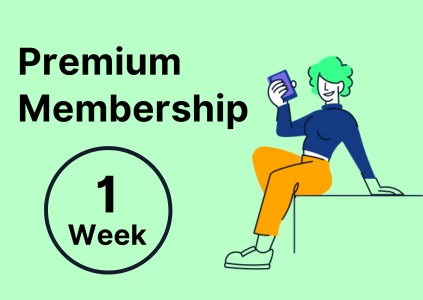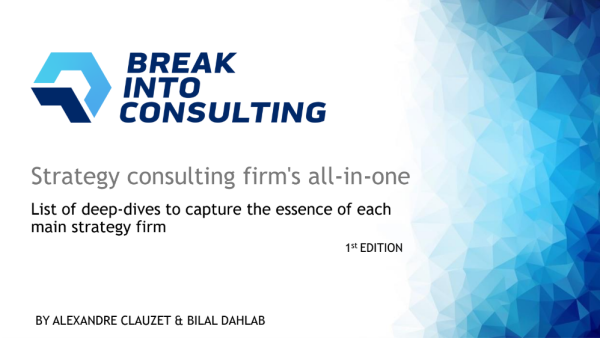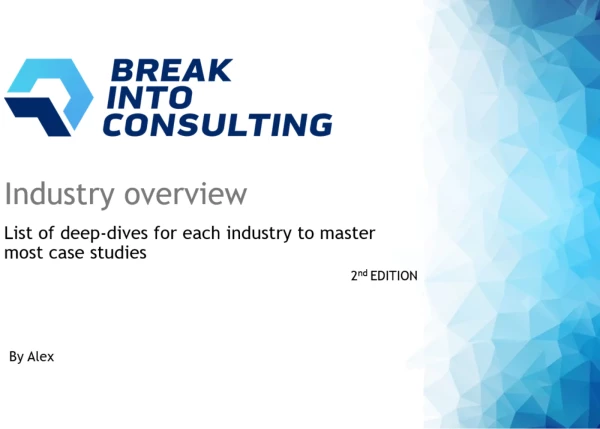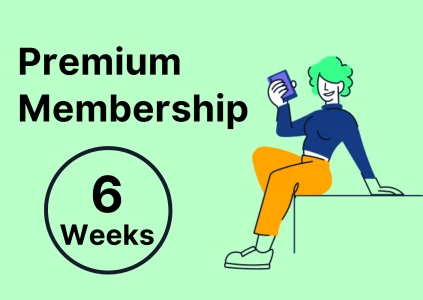Hello Everyone,
I am completely new to the field of consulting, before this I was working in the field of Business Analytics and then realised that is not what I wanna do rest of my life. I am looking for internships in the field of consulting and landed on this website.
Thing is there is a lot of useful stuff here and I don't know where to begin with. If someone could guide me where to start it will be really helpful.
Thank You







